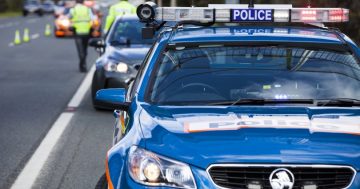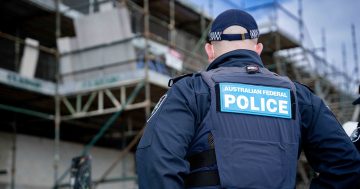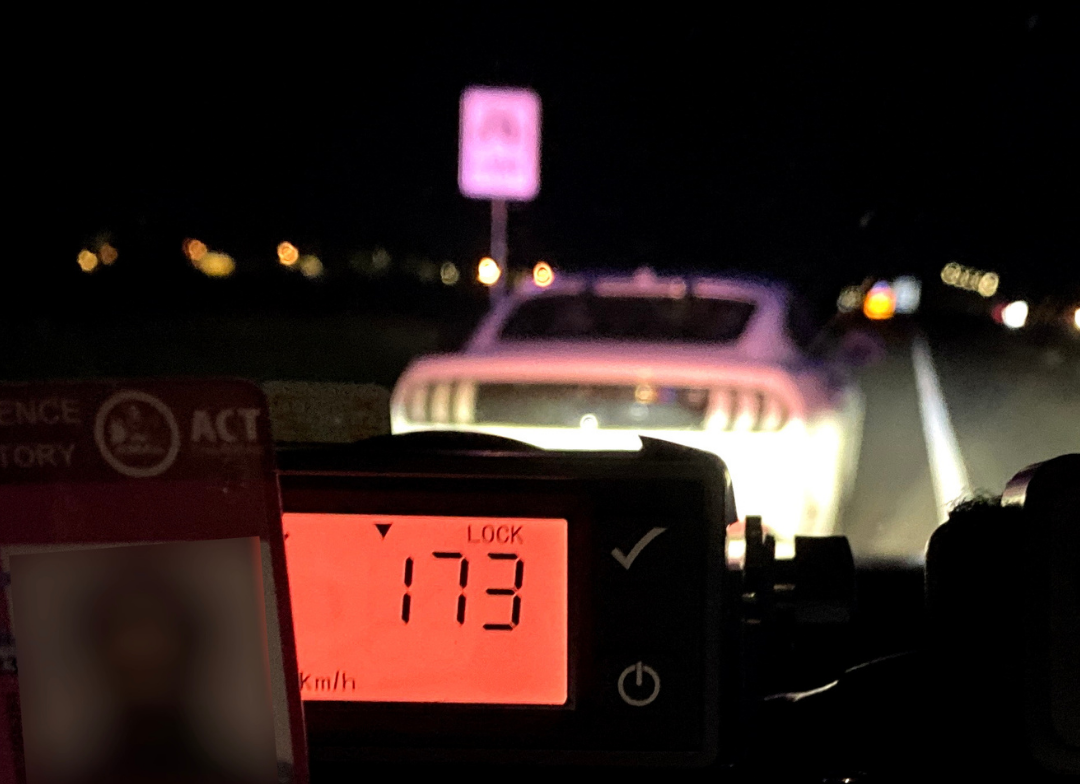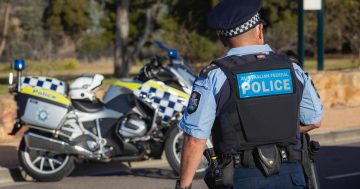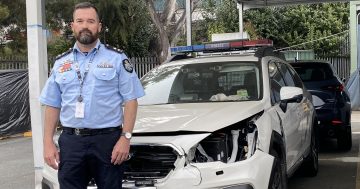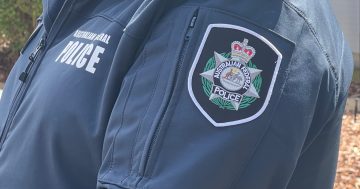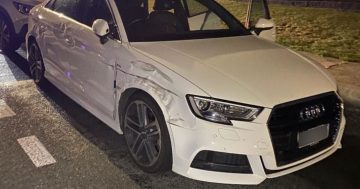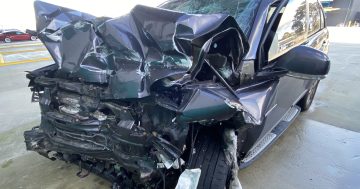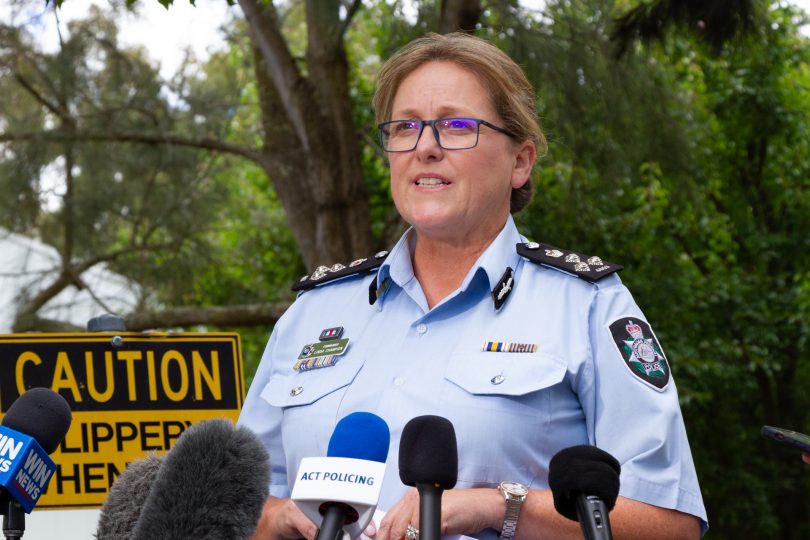
Commander Linda Champion, Commander Operations ACT Policing AFP. Photo: James Coleman.
“When Matthew died, there was something as a parent in me that just snapped.”
That’s Commander Linda Champion, the woman in charge of ACT Policing’s new task force, Operation Toric.
Matthew was Matthew McLuckie, who was killed in a head-on collision on Hindmarsh Drive in May.
Operation Toric was formed to address recidivist offenders and dangerous driving in the ACT.
Taskforce officers have made more than 90 arrests and laid more than 200 charges since the operation began in August.
But Commander Champion said this was just the “front end” of operations.
“Toric is about getting out, stopping bad behaviour, but that’s short term,” she said.
“This is about informing the future.”
The “future” was sitting beside Commander Champion in the form of the operation’s specialist forensic psychologist, Anna*.
She’s worked in Sydney jails and spent five years working at Canberra’s Alexander Maconochie Centre.
“The problem you see with recidivist offenders is if you stop them in the moment, and when you lock them up, that offending stops for as long as that person is in jail,” Anna said.
“But without learning anything about what drives that offender’s behaviour … you’ve got exactly the same person coming out of jail on the other side.”
Anna argued interventions beyond punishment were needed to lessen the likelihood of someone offending again.
The question she’s aiming to answer is this: what can we do to better arm police and the community to change a person’s behaviour in the future?
“We need to lessen the likelihood of them getting to this [offending] space in the first place,” Anna said.
She explained research showed people who generally took criminal risks in their lives were looking to fulfil some sort of need. They had more ‘risk-taking’ personality traits but hadn’t learned how to address specific needs in a socially acceptable way.
“They’re still human and they have the same needs we do,” Anna said.
“It might be that person is being bullied … so how can they take themselves from being the person who is bullied to the person who is feared or revered? To get what looks like respect from peers?
“They think ‘people might follow me because I do crazy stuff’.”
Anna explained most of us had family, friends and others who could teach us how to make lasting and meaningful connections with people.
But for someone who potentially grew up watching violence, arguing and screaming, they could learn a pattern of not knowing how to relate to people or rely on them.
This could lead to low self-worth and confidence, which then, coupled with a need to take risks, could result in a person seeking to fulfil that need in the ‘wrong’ way.
This could be risky drug or alcohol taking, dangerous driving, and more.
“They have to come off the road,” Commander Champion said.
“But at the moment, we have nothing else to offer.”
It also meant typical methods of punishment – such as fines, getting your car impounded or losing your licence – may not work for these individuals.
“Those things fail to modify the behaviour of this group of people who present as our most dangerous risk,” Anna said.
Anna agreed that not everyone should be let off if they committed an offence, but she was researching what could be done before or after the crime to put someone onto a different path.
“Part of deterrence is removing the person doing damage through incarceration, but there’s no behaviour change in that,” she said.
“We have this belief that when they’re back in society they’re not going to do this again … in fact, after one night in jail, their likelihood of entering jail again is automatically greater.
“Putting someone in jail does not make them better.”
It’s hoped Anna’s research could be applied to the offenders targeted by Operation Toric to stop them from coming into so much contact with police.
“We’re hoping this work will help inform what [police] do … but we also want to get together interested parties to do this together,” Commander Champion said.
“Police can always get them off the road, but it doesn’t end there.
“We can’t do all the pieces.”
But Anna’s work could go even further.
There was already talk of how to reach kids in schools to stop them from driving dangerously or getting in the car with someone who was.
“The only thing [younger offenders] generally value are their friends, so we’re telling them, ‘which of your friends do you want dead?'” Commander Champion said.
“As for the people getting into the car, the joy riders, it’s ‘are you prepared not to walk out of that vehicle?’
“If we can’t stop those types of drivers, I want to stop those other kids from hopping into the car with them.”
At the end of the day, the aim of the entire operation for Commander Champion is simple: “We don’t just look at locking up offenders, we look at making it safe in the long term.”
* Anna’s name has been changed to protect her identity.











